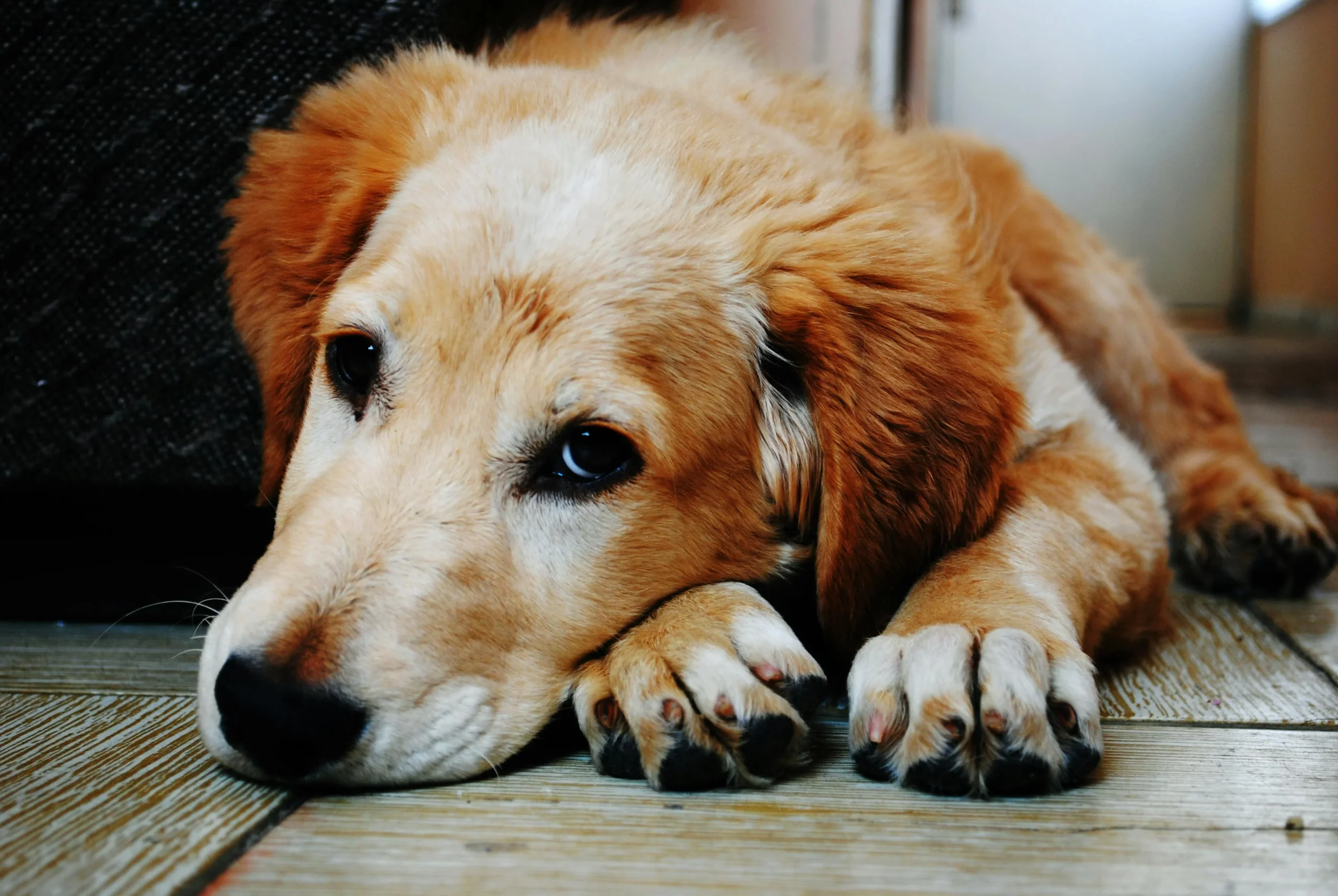Protecting Your Pup: A Guide to Safeguarding Your Dog from the Recent Canine Respiratory Illness
Contents
A recent respiratory illness affecting dogs has sparked concern among pet owners across the country. While the exact cause remains under investigation, several proactive steps can be implemented to bolster your canine companion’s defenses. This comprehensive guide delves into the known details about the illness, explores preventative measures, and provides trustworthy resources to help you navigate this situation with confidence.
Understanding the Canine Respiratory Illness

Symptoms:
- Persistent, hacking cough
- Lethargy and decreased activity levels
- Loss of appetite
- Fever
- Nasal discharge
- Difficulty breathing (in severe cases)
Important Considerations:
- The specific cause is yet to be identified, hindering the development of a targeted vaccine or treatment.
- The illness appears highly contagious, primarily spreading through airborne droplets and direct contact with infected dogs.
- Cases have been concentrated in specific regions, but the situation can evolve rapidly.
- While serious complications are uncommon, early detection and veterinary care are crucial.
Keeping Your Canine Companion Safe: Preventative Measures
1. Vaccination:
- Ensure your dog’s vaccinations are up-to-date, including core vaccines like distemper, parvovirus, and rabies. While these vaccines won’t directly prevent the new illness, they can strengthen your dog’s immune system and potentially mitigate the severity of any potential illness.
2. Prioritize Selective Socialization:
- Temporarily limit your dog’s interaction with other dogs, particularly in crowded environments like dog parks or boarding facilities, until the situation improves and the illness becomes better understood.
- If socialization is necessary, opt for controlled settings with familiar dogs you know are healthy and up-to-date on vaccinations.
3. Implement Hygiene Practices:
- Wash your hands thoroughly with soap and water after handling any dog, not just your own.
- Avoid letting your dog share water bowls or toys with other dogs.
- Regularly disinfect commonly touched surfaces like doorknobs and leashes.
4. Observe Your Dog Closely:
- Monitor your dog’s behavior and health meticulously. Be vigilant for any changes in their usual habits, especially coughing, lethargy, or loss of appetite.
- If you notice any concerning symptoms, don’t hesitate to contact your veterinarian immediately. Prompt diagnosis and intervention are crucial for a speedy recovery.
5. Stay Informed and Remain Objective:
- Stay updated on the latest developments regarding the illness by following reputable sources like the American Veterinary Medical Association (AVMA) or your local veterinary clinic’s website.
- Avoid relying on social media for information, as it can be unreliable and misleading.
Additional Resources and Support
- American Veterinary Medical Association (AVMA): https://www.avma.org/
- Centers for Disease Control and Prevention (CDC): https://www.cdc.gov/
- Your Local Veterinarian: Your veterinarian is your best resource for personalized advice and guidance regarding your dog’s health and the current situation.
Remember:
- While the unknown nature of the illness can be concerning, taking proactive steps can significantly reduce your dog’s risk of becoming infected.
- By maintaining good hygiene, limiting unnecessary social interaction, and seeking veterinary care promptly if needed, you can play a vital role in safeguarding your furry friend.
- Stay informed, maintain a balanced perspective, and prioritize your dog’s well-being above all else.
Disclaimer: This blog post is intended for informational purposes only and should not be a substitute for professional veterinary advice. Always consult with your veterinarian regarding any concerns about your dog’s health.
For more pet related information visit our main page https://petsynse.com/